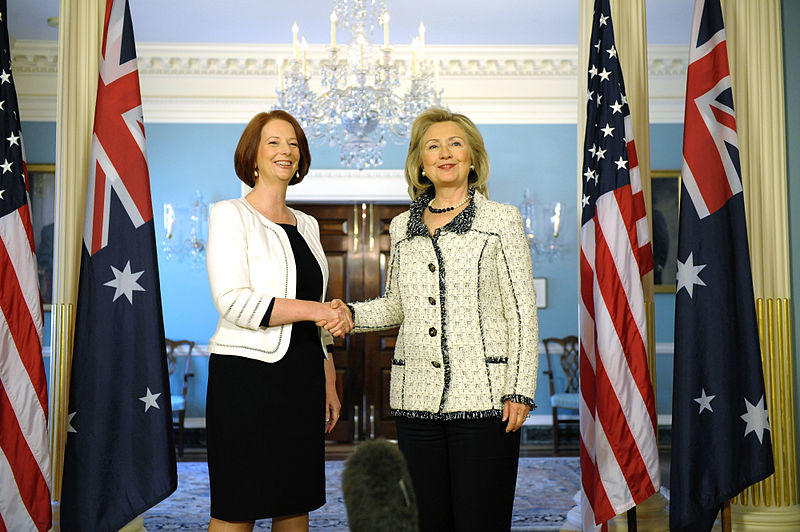In the days immediately after Donald Trump won the US presidency in 2016, Hillary Clinton, the then Democrat nominee, admitted that she consumed Australian chardonnay, read some mystery novels and practised specialised nostril breathing.
In her conversation with former Australian Prime Minister Julia Gillard, Mrs Clinton revealed how she had initially felt very defeated by the outcome of the election and had time when she wanted to “pull the covers back over my head”.
She said that after the pain of the loss began to wear off, she realised that “everyone gets knocked down” and that it the only thing that was important was “if you get back up”.
Clinton, seeming bitter about losing to Mr Trump, also called her run the first “reality TV election” in American history. She called it a “perfect storm”.
Mrs Clinton said that she had been the victim of a deliberate misinformation campaign that turned Americans against her. She said the she was accused of having a debilitating disease, having founded ISIS and that the Pope had endorsed Mr Trump over her.
She descried the experience as being “pummelled” and that it has left her with deep battle scars. Despite the struggle, Mrs Clinton said that running for president was something she “had to do”.
Mr Clinton alluded to the notion that the secret forces that acted against her in the lection were “still with us” and that it was a “urgent problem” that needed to be confronted “immediately and together”.
A large portion of Mrs Clinton’s talk with Julia Gillard focused around misogyny and sexism. She said that there were double standard for women in politics, where “likability” as well as “professional success” were fine for men to have but not for women.
She seemed to imply that her success as a woman had made her unlikable to a sexist American public.
Despite the gloomy affirmations by Mrs Clinton, she left the meeting trying to give a message of hope, saying that she was “fundamentally optimistic”.

